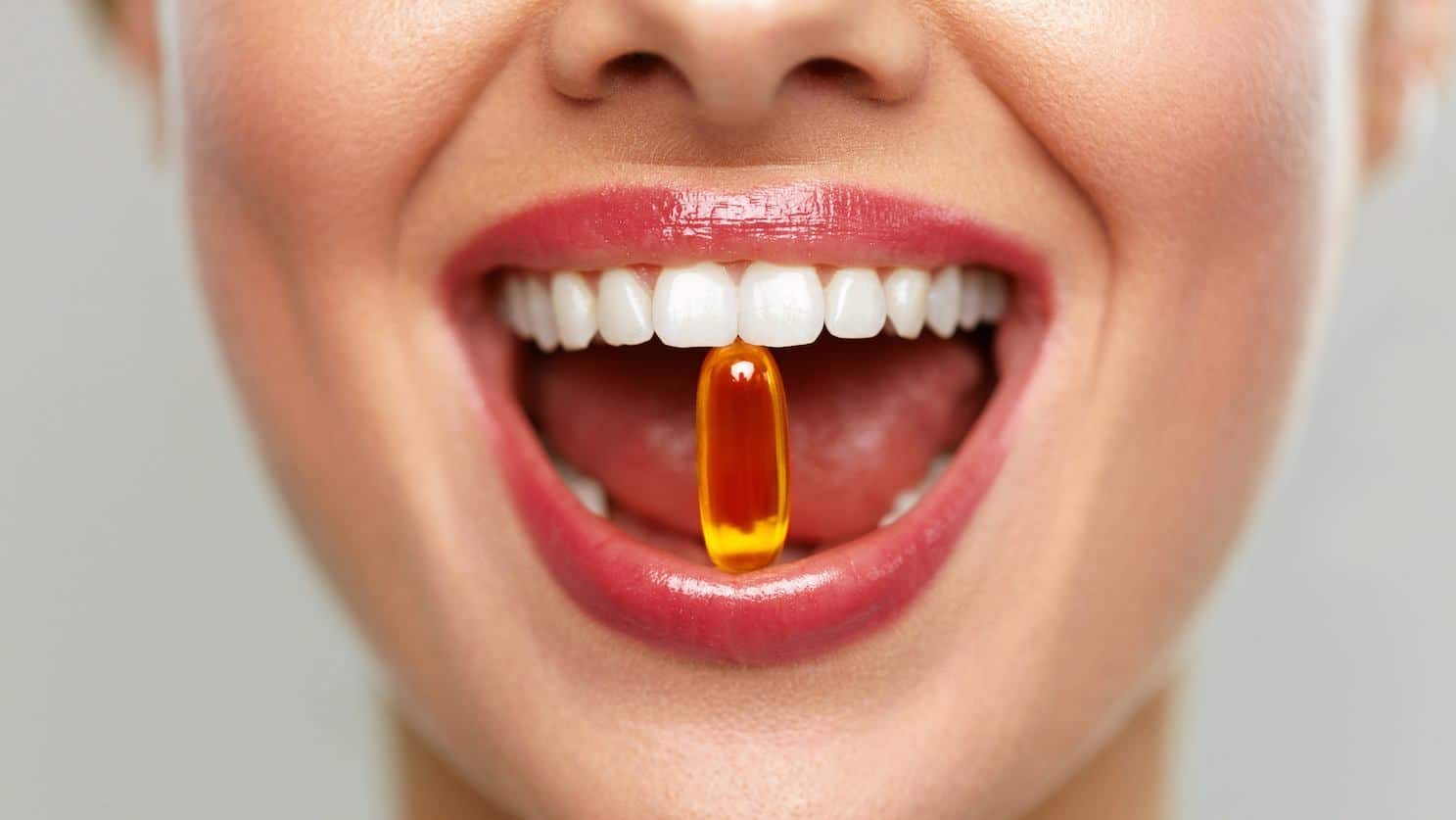If you’re on the hunt for innovations in healthy beauty, you likely spend time contrasting and comparing the latest serums, moisturisers, toners, and such offered in the cosmetics aisles of your favourite pharmacy.
Costhetics has a suggestion: expand your hunting grounds. The supplements aisle is the new hot spot for products that can work to improve beauty on the outside by addressing health issues on the outside.
Can anyone predict how hot beauty supplements will be in 2020? If the Bard is right that “Past is prologue,” you can if you set your crystal ball for a look back at 2019.
International Org Picks 2019’s Top Beauty Supplement
Cosmetic Executive Women is an international organisation with more than 10,000 members. Collectively they represent a cross section of beauty and related businesses, including brands, independent manufacturers, retailers, and suppliers. Their annual Beauty Awards were created to “celebrate innovation,” reports CEW president Carlota Jacobson who told Global Cosmetic Industry Magazine “They demonstrate how our industry continues to evolve as it strives to meet the needs of beauty consumers.”
Nowhere is that evolution more apparent than in CEW’s award nominees and winners. Standing toe to toe with traditional categories (Face Products, Eye Products, Hair Colouring Products), are more modern healthy beauty niches including Sustainability Excellence Award, Aromatherapy, and Beauty Wellness Supplements. In order to qualify for consideration in the nutritional supplement category, entrants needed to demonstrate their products contain “vitamins, minerals, and micronutrients that provide a vital link between health, wellness and beauty,” according to CEW rules. Nutritional supplemental goodness may be delivered via:
- Pills
- Liquids
- Powders
- Ingestibles
- Vitamins
- Teas
- Juices
Supplement manufacturers are also required to demonstrate scientifically that their ingredients “support the function and structure of the skin, hair, and nails.” The category winner from HUM Nutrition Inc. was Collagen POP. In fact, half of the nominees, including collagen powders from Gwyneth Paltrow’s Goop and from Vital Proteins, focused on collagen, but there’s so much more to know…
How Supplements Do That Thing They Do
Collagen isn’t the only anti-ageing ingredient to look for in supplement form. Scientific research has given today’s consumers ample evidence that we are what we eat, at least when it comes to beauty and skin ageing. Consumers and the media have taken notice. In Elle Magazine’s The Best Hair, Skin And Nail Supplements And Vitamins Worth A Spot In Your Beauty Routine, some of the winners included:
- Vitamins A, C and B12
- 5-HTP
- Zinc
- Seed extracts
- Prebiotics and probiotics
- Chlorella
- Glucosamine
On the Other Side of the Beauty Supplement Fence
Beauty supplements haven’t won the hearts and minds of everyone. Naysayers note research information is limited. They also point out that topical benefits may not be possible when a substance is taken orally. The culprit: your digestive track.
In the article The Beauty Supplements that Actually Work According to a Dermatologist, a doctor tells Vogue Australia, “Collagen is essentially a protein complex. When that reaches your GI tract, your body will break it down into amino acids, just like any other protein. It’s very hard to establish whether the collagen you ingest will actually reach the skin as collagen.”
Even non-advocates, however, agree that beauty supplements do offer other incentives for their use.
Are Beauty Supplements Risky Business?
Do Collagen Supplements Help Skin, Hair, Nails & Joints?, a recent New York Times article, which highlights the unsettling problem that the global supplement industry is not well regulated. As a result of lack of oversight, nutritional supplement enthusiasts may be at risk for
- Contamination
- Incorrect dosage information
- Allergic reactions
- Digestive upset
- Inaccurate labelling
- Drug interactions
- Other safety concerns
In Australia, the TGA oversees the regulation of nutritional supplements, which are classified as “complementary medicine.” Recently, more rigorous amendments to the Therapeutic Goods Act of 1989 serve to give supplements and other products the opportunity to receive acknowledgement for submitting to rigorous scientific testing…and passing with flying colours. Unfortunately, according to ABC.net, fewer than 500 of Australia’s 11,000 complementary medicines were checked for compliance last year.
This begs this question, “Who can I trust to tell me about beauty supplements?” Should you ask your chemist? Probably not. Though well meaning, chemists may not be up to date on research and clinical trials. The investigative report Complementary Medicines with Unproven Benefits Being Sold to Australian Consumers found, “Nearly a third of Australian pharmacists are recommending complementary medicine products that are not supported by evidence that they work.” The findings apply to health supplements, but also to beauty supplements.
Should you ask someone at a health food store? You can, but keep in mind that retailers have a vested interest in you making a purchase. Also, like chemists, a typical salesperson is likely to be helpful, interested in your well being, but not equipped with the knowledge and training to give you advice.
Where does that leave you? It leaves you in the best place of all: safe in the good hands of a medical professional. “A GP is a good place to start,” says the author of A Closer Look at Australia’s Most Popular Supplements. “They know you personally, so should know what health conditions you have, what medications you take and other factors that need to be considered before you take any supplements.” Costhetics couldn’t have said it better.
